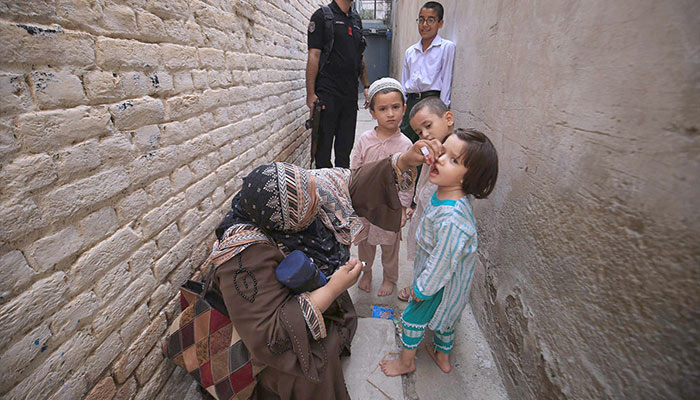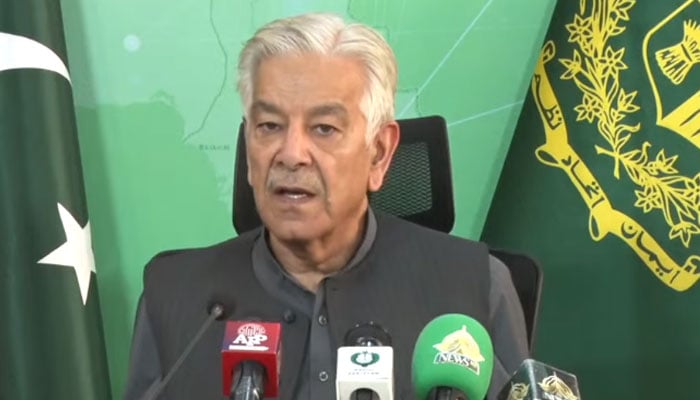

The country's poliovirus tally for the year reached 32 as four more children were paralysed by the viral disease amid a continuous uptick in the cases.
Pakistan is one of the two remaining polio-endemic countries in the world, along with Afghanistan, and the number of cases on a yearly basis had significantly dropped in the country, until the recent spike in cases.
Despite persistent vaccination efforts by the government for polio eradication, the country has been gripped by the crippling disease.
It is a highly infectious disease caused by virus mainly affecting children under the age of five years, who are malnourished or have weak immunity because of being under-vaccinated or not vaccinated for polio and other childhood diseases.
The illness invades the nervous system and causes paralysis or even death. While there is no cure for polio, vaccination is the most effective way to protect children from this crippling disease.
The resurgence of polio in the country presents a significant setback for the country’s efforts to eradicate the disease, as officials work to bolster vaccination campaigns and raise public awareness about the importance of immunisation.
The four new cases have emerged from three different regions. As per the details, two of the cases were reported from Jacobabad, one from Malir and another from Dera Ismail Khan.
The Pakistan Polio Programme has laid out a strategic plan to curb virus transmission, with the goal of halting its spread by mid-2025. The plan, developed in consultation with provincial authorities, focuses on reaching every child in high-risk areas, improving vaccination campaign quality and strengthening community engagement.
A recent mass vaccination campaign in September targeted 33 million children under five across 115 districts. Another round is scheduled to begin on October 28, with officials emphasising the need to reach mobile and migrant populations as well.
However, a report by the Institute for Disease Modeling (IMD) has raised alarms about escalating wild poliovirus cases in Pakistan, fearing that the number could hit 55 to 65 by the end of 2024.












